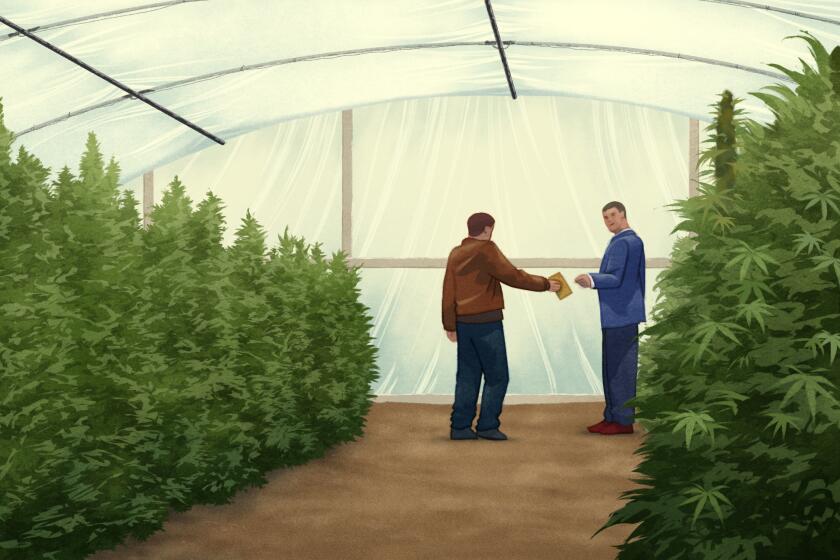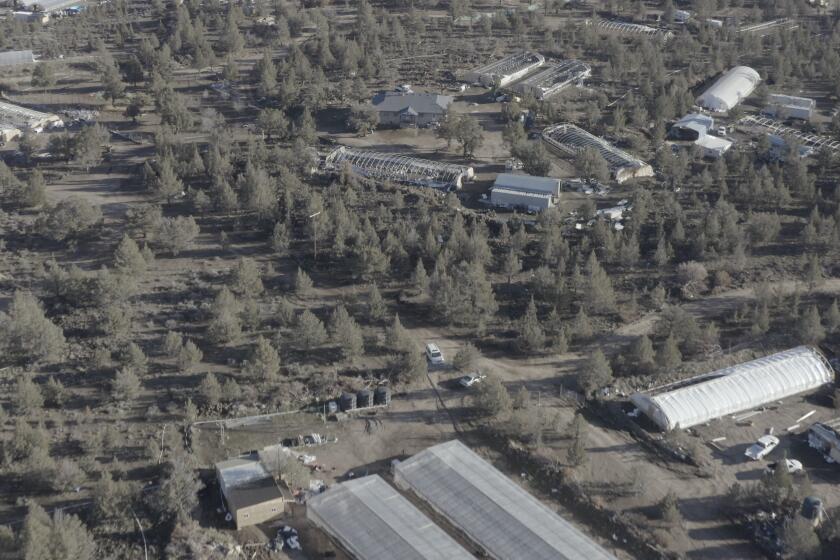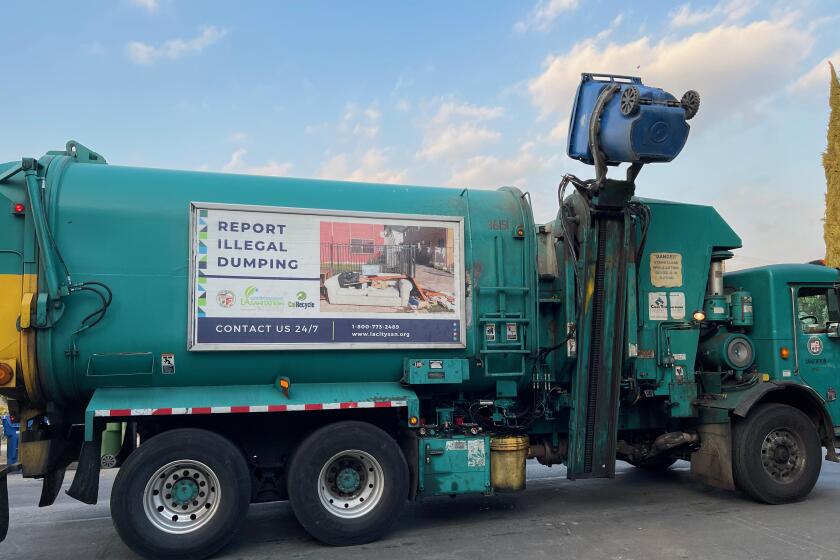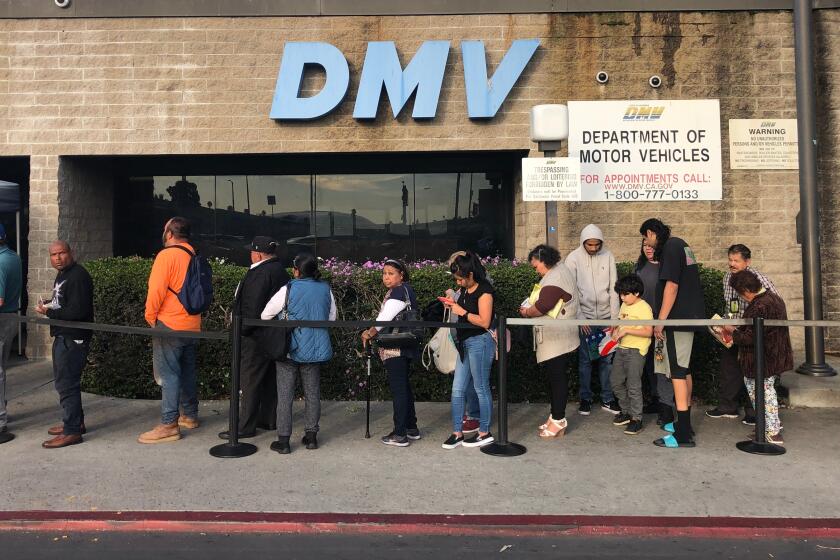California workers won’t have to worry about being fired, or not hired, for off-the-clock marijuana use

- Share via
It will soon be illegal for California employers to let workers’ off-site and outside-of-work marijuana use be a factor in hiring or firing decisions, according to a new state law.
Gov. Gavin Newsom on Sunday signed into law a bill that makes California the seventh state in the U.S. that does not allow employers to discriminate against workers who smoke weed “off the job and away from the workplace.” The law goes into effect Jan. 1, 2024.
The law prohibits employers from making hiring, firing or other employment decisions based on a drug test that finds “nonpsychoactive cannabis metabolites” in someone’s hair or urine, which do not indicate current impairment, but that someone consumed cannabis recently, up to weeks prior, according to Assembly Bill 2188 that Assemblymember Bill Quirk (D-Hayward) sponsored.
“Urine tests are a highly offensive invasion of workers’ personal bodily privacy,” said Dale Gieringer, director of California’s NORML chapter, which advocates for progressive marijuana policies, about the bill after it passed. “Workers should have the same right to use cannabis as to use other legal substances off the job.”
Jim Araby, the director of strategic campaigns for the United Food and Commercial Workers Local 5, called the new law a “victory for all workers.”
“No employee deserves to feel stigmatized and unsafe at work because of an outdated testing method,” Araby said. “There are much more accurate, modern-day cannabis testing methods, like oral swabs, that are able to detect recent use and increase workplace safety.”
Commercial cannabis resulted in corruption and questionable conduct that has rocked local governments across California, a Times investigation found.
The new law provides for exceptions for people working in building and construction, as well as people applying for or working in roles that require a federal background clearance.
The law still allows employers to require drug screening as a condition of employment, as long as the tests “do not screen for nonpsychoactive cannabis metabolites.” After the use of cannabis, the chemical compound that can cause psychoactive effects, tetrahydrocannabinol, or THC, becomes a nonpsychoactive cannabis metabolite, which can remain in the system for weeks. That metabolite does not indicate current impairment.
Newsom signed the employment discrimination bill along with nine other cannabis policy changes, including one that would seal old cannabis-related criminal convictions and creates a process for interstate cannabis business transactions.
Illegal cannabis farms are engulfing parts of California and exploiting farmworkers who labor in squalid, deadly conditions, a Times investigation finds.
“For too many Californians, the promise of cannabis legalization remains out of reach,” Newsom said in a statement. “These measures build on the important strides our state has made toward this goal, but much work remains to build an equitable, safe and sustainable legal cannabis industry.”
The new laws come weeks after The Times published an investigation into the fallout of the state’s legal cannabis industry, finding that the illegal cannabis industry has only grown since legalization in 2016, with farmworkers, the environment, communities’ safety and the licensed market often paying the price.
More to Read
Sign up for Essential California
The most important California stories and recommendations in your inbox every morning.
You may occasionally receive promotional content from the Los Angeles Times.













